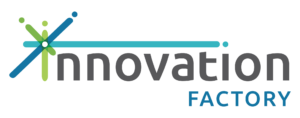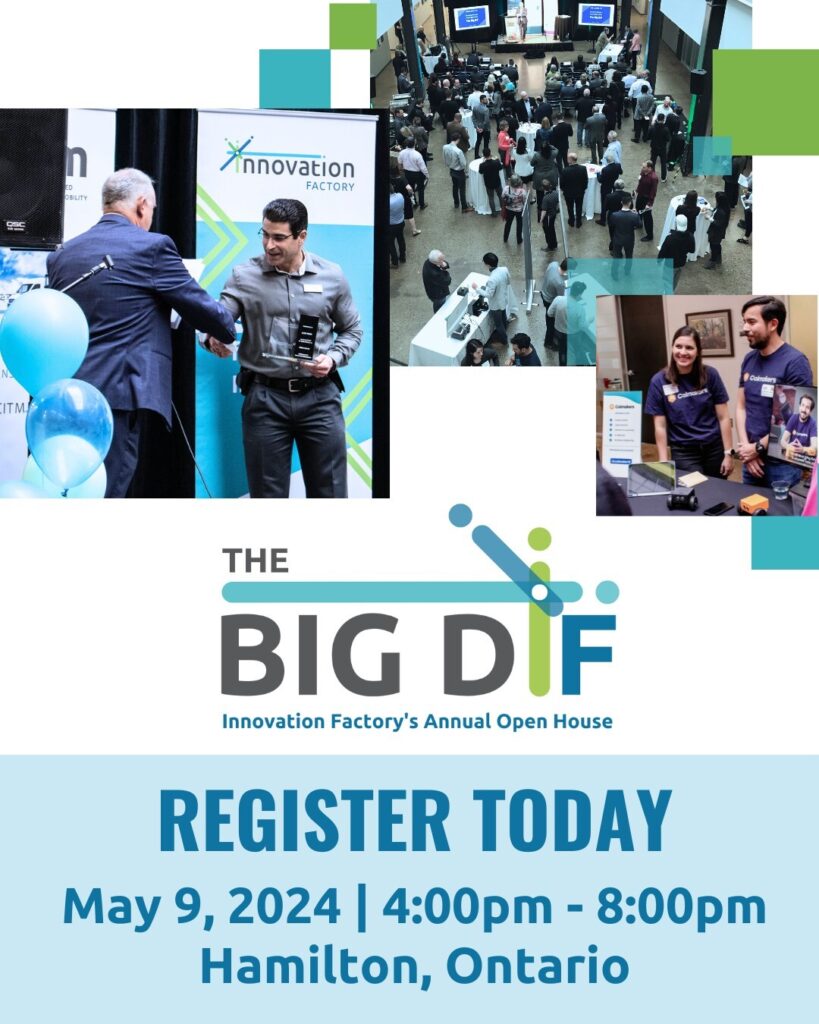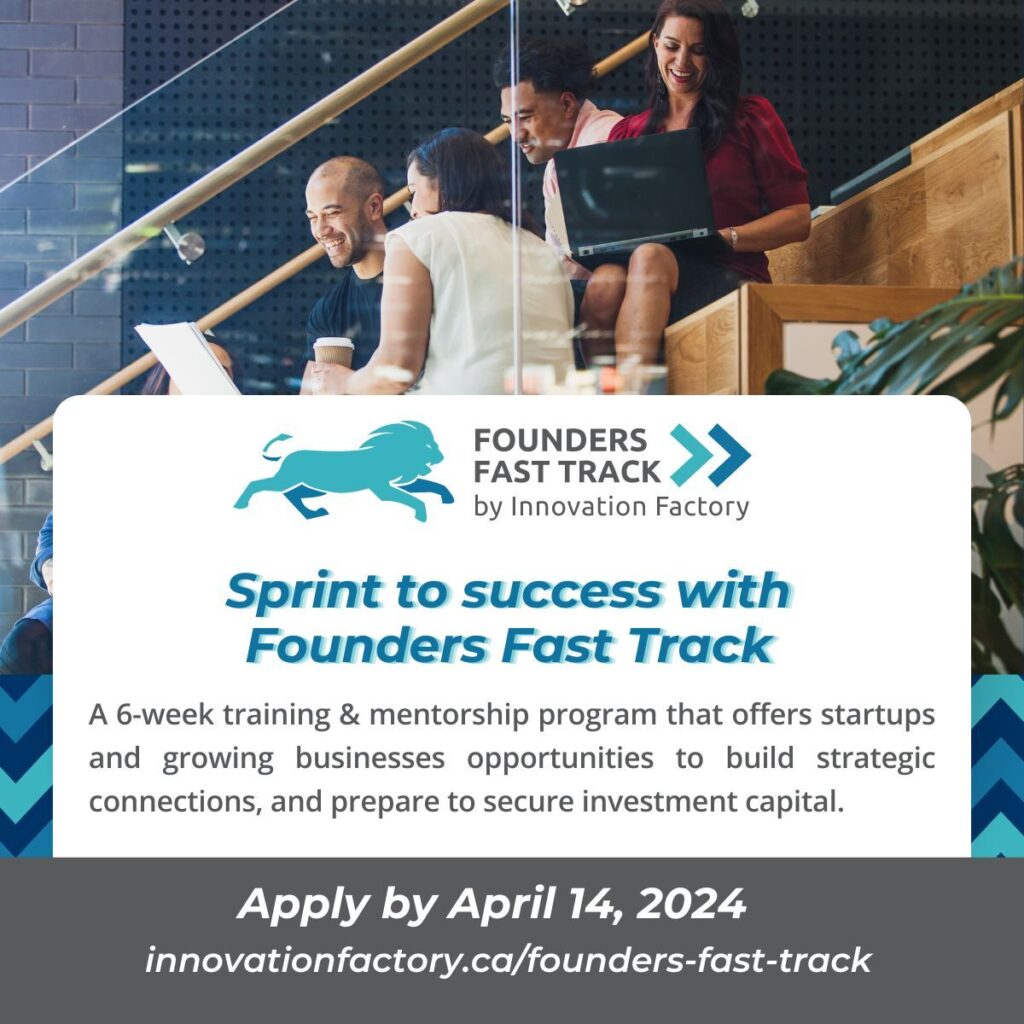We understand how important intellectual property and patents are to entrepreneurs, so we asked Alex Ross of Gowlings to give us his perspective on “Drilling for Patents: Uncovering Hidden Riches”. Here’s what he had to say:
As many businesses know, intellectual property, and particularly a patent portfolio, can be a valuable asset. Patents can provide marketing advantages, exclusivity, and the ability to force competitors to pay license fees to sell a competing product. Therefore, as with any other valuable asset, the obvious question regarding patents is “how do we get more?”
In many cases, however, this is the wrong question. A business may have significant amounts of intellectual capital, much of which is potentially patentable, but may not even realize it. As with the “black gold” under Jed Clampett’s swampland in the Beverly Hillbillies, a company may be sitting atop untold riches in “intellectual gold”. The question then becomes “how do we get at what we already have?”
One of the best ways of “drilling for patents” is to develop a corporate culture where innovation is recognized, fostered and rewarded. Many people who work on the development of new technologies may come to see inventing things as nothing out of the ordinary and therefore fail to recognize patentable inventions. Employees should be educated as to what types of things are potentially patentable, and encouraged to bring new ideas forward as candidates for patent protection. This can be done informally, but is better implemented through formal invention-mining programs, with designated evaluators and recognition and incentives for those whose inventions are selected for patent applications. Even a small start-up can have a weekly or monthly meeting to assess new inventions.
It is also important not to let patentable subject matter slip away due to disclosure. Most countries adopt an “absolute novelty” standard for patents, meaning that any prior disclosure of the invention can preclude patent protection. Therefore, the employee education process must stress the importance of keeping inventions secret, and appropriate policies must be put in place to protect confidential information. Although some countries, including Canada and the U.S., do provide a one-year “grace period” for disclosures originating with the inventor(s), rights in important markets, including Europe, can be lost due to premature exposure. Although the demands of the market may dictate when products can be publicized or launched, a program that identifies and evaluates inventions early on can provide enough lead time to file patent applications before such disclosure is required.
Identifying an invention will not do a business any good if the business does not in fact own the invention. In Canada, it is not automatic that a business owns the inventions of its employees, even when these relate to the employee’s work or are developed on company time using company assets. The general rule in Canada is that where an employee is “employed to invent”, such as an engineer or a research scientist, the employer will be the owner of the invention. However, other employees, such as sales and manufacturing personnel, will typically retain the rights to their inventions unless their employment agreement explicitly provides otherwise. Therefore, before starting work, every employee and contractor (or at least those who may potentially develop intellectual property) should sign a written contract that formally assigns (or agrees to assign) to the employer all of the employee’s or contractor’s rights to any invention that relates to the employer’s present or future business, whether such invention is made on or off the job. Such an agreement should not only assign the employee’s or contractor’s rights to inventions, but also their rights in respect of other job-related intellectual property, such as copyright and industrial designs. The agreement can also be used to set out the confidentiality obligations of the employee or contractor. Where an existing employee is being asked to sign a new contract, an employment lawyer should be consulted, in order to help ensure that the agreement will be enforced by a court.
Jed Clampett found his oil through the fortunate accident of shooting a hole in the ground at just the right spot, but a business cannot count on luck and expect patents to simply spring forth. By taking concrete steps in advance, a business can identify patentable inventions, ensure their ownership rights and file timely applications for protection. Like an oil rig, an invention-mining program can keep the patents flowing.
If you are interested in learning more about intellectual property and patents, check out Gowlings and connect with Alex!
 Alex S. Ross is a lawyer and registered Canadian patent agent. He gained valuable experience early in his career working as an in-house intellectual property lawyer at the Canadian subsidiary of a major international technology company. His work encompasses all areas of intellectual property law, including patents, copyright, trade-marks and industrial designs.
Alex S. Ross is a lawyer and registered Canadian patent agent. He gained valuable experience early in his career working as an in-house intellectual property lawyer at the Canadian subsidiary of a major international technology company. His work encompasses all areas of intellectual property law, including patents, copyright, trade-marks and industrial designs.






